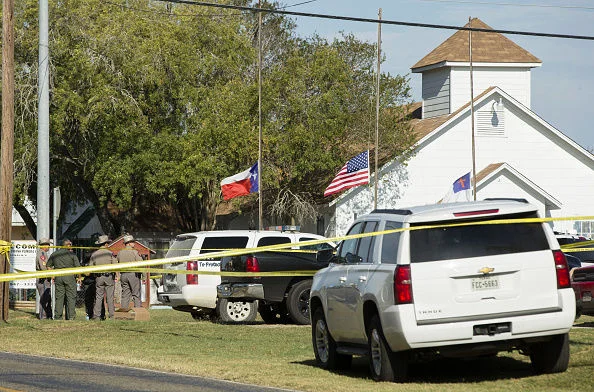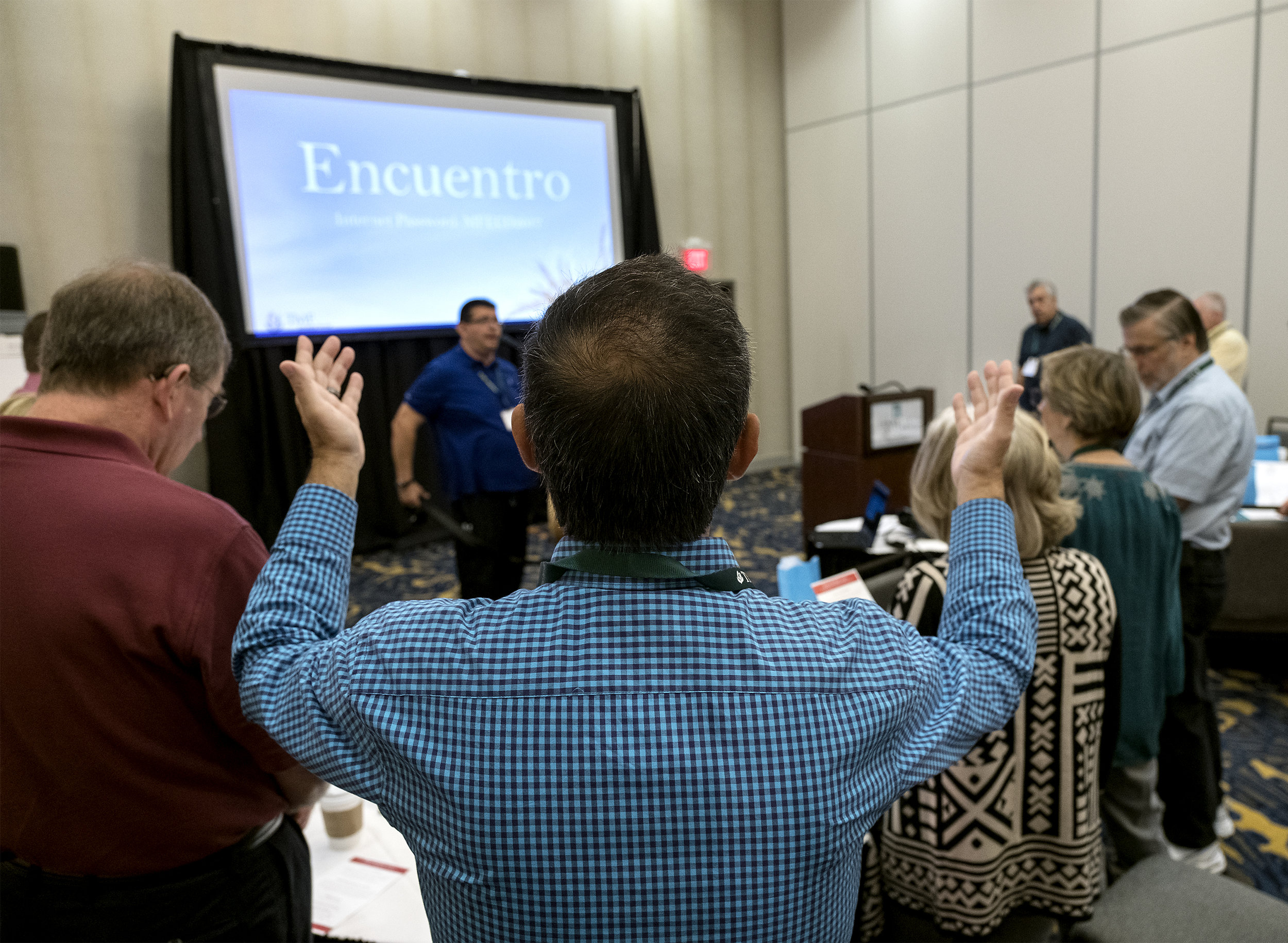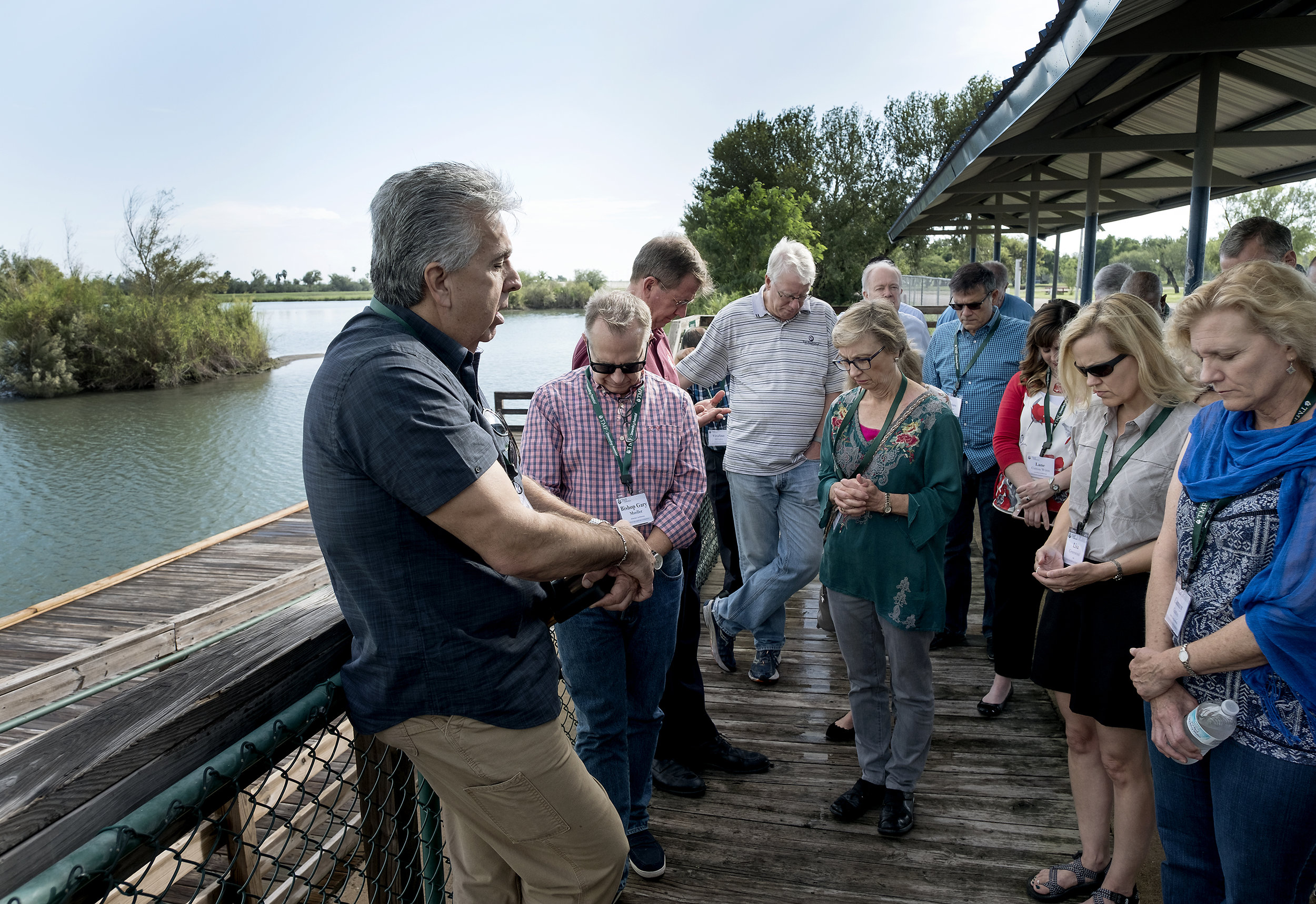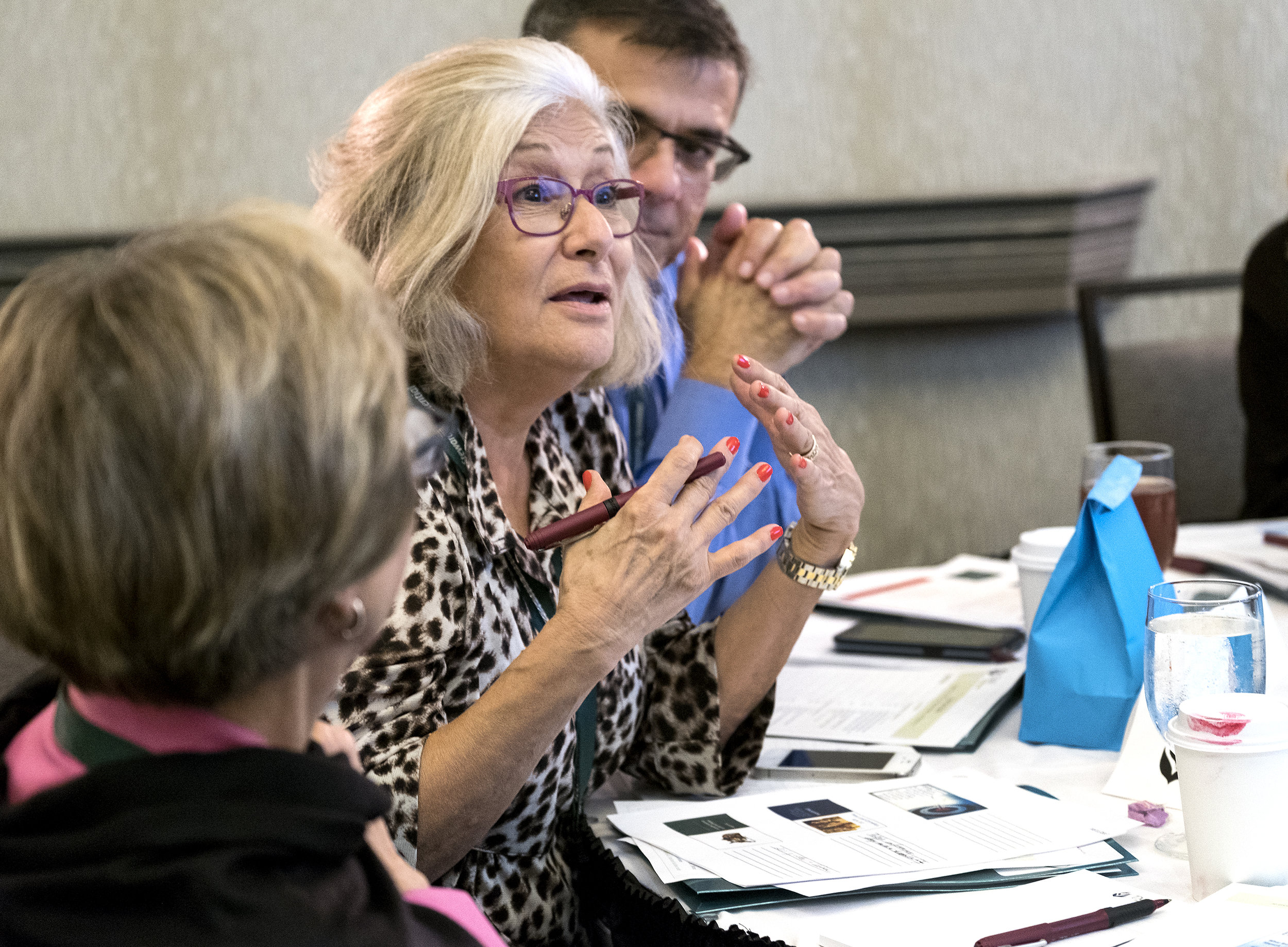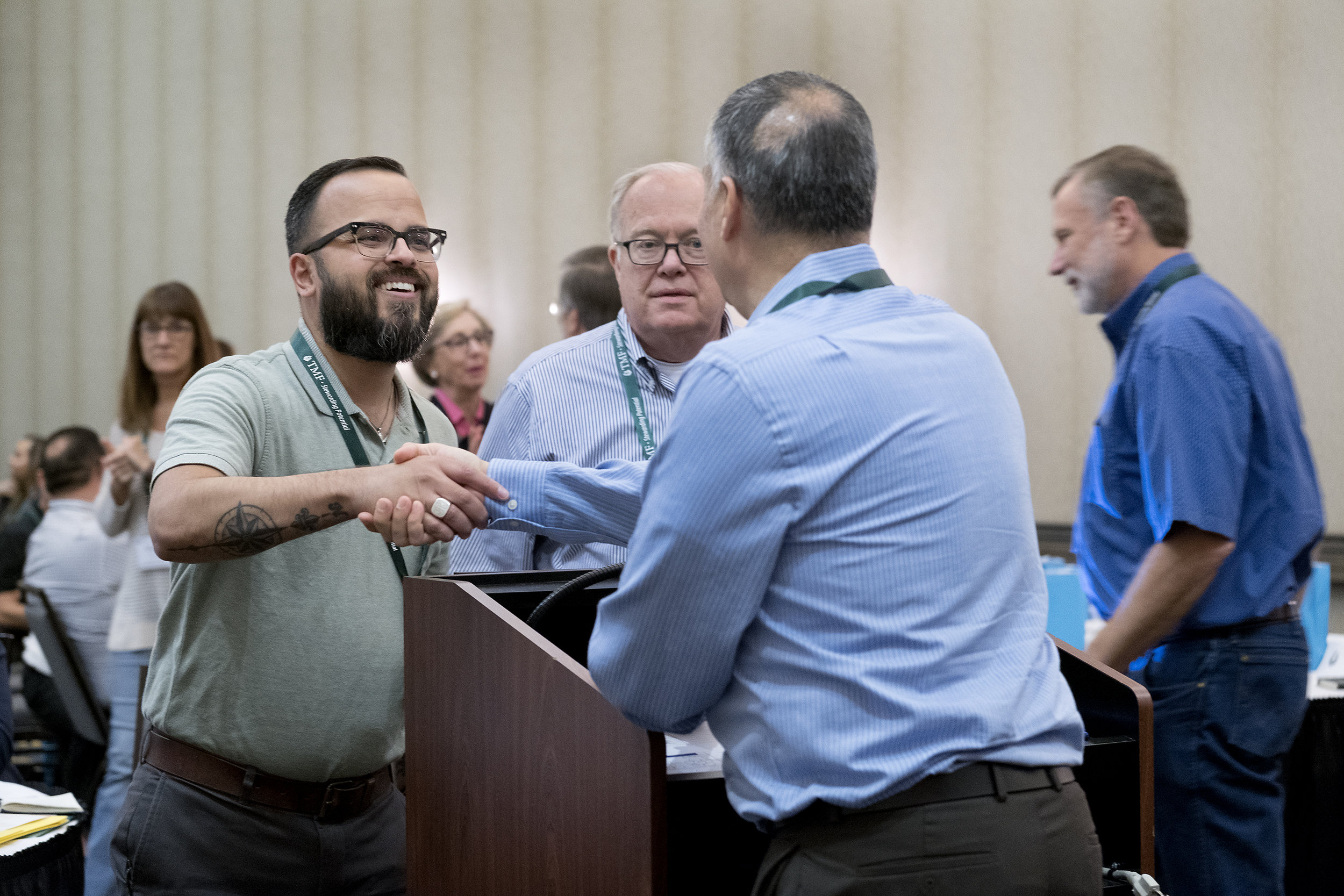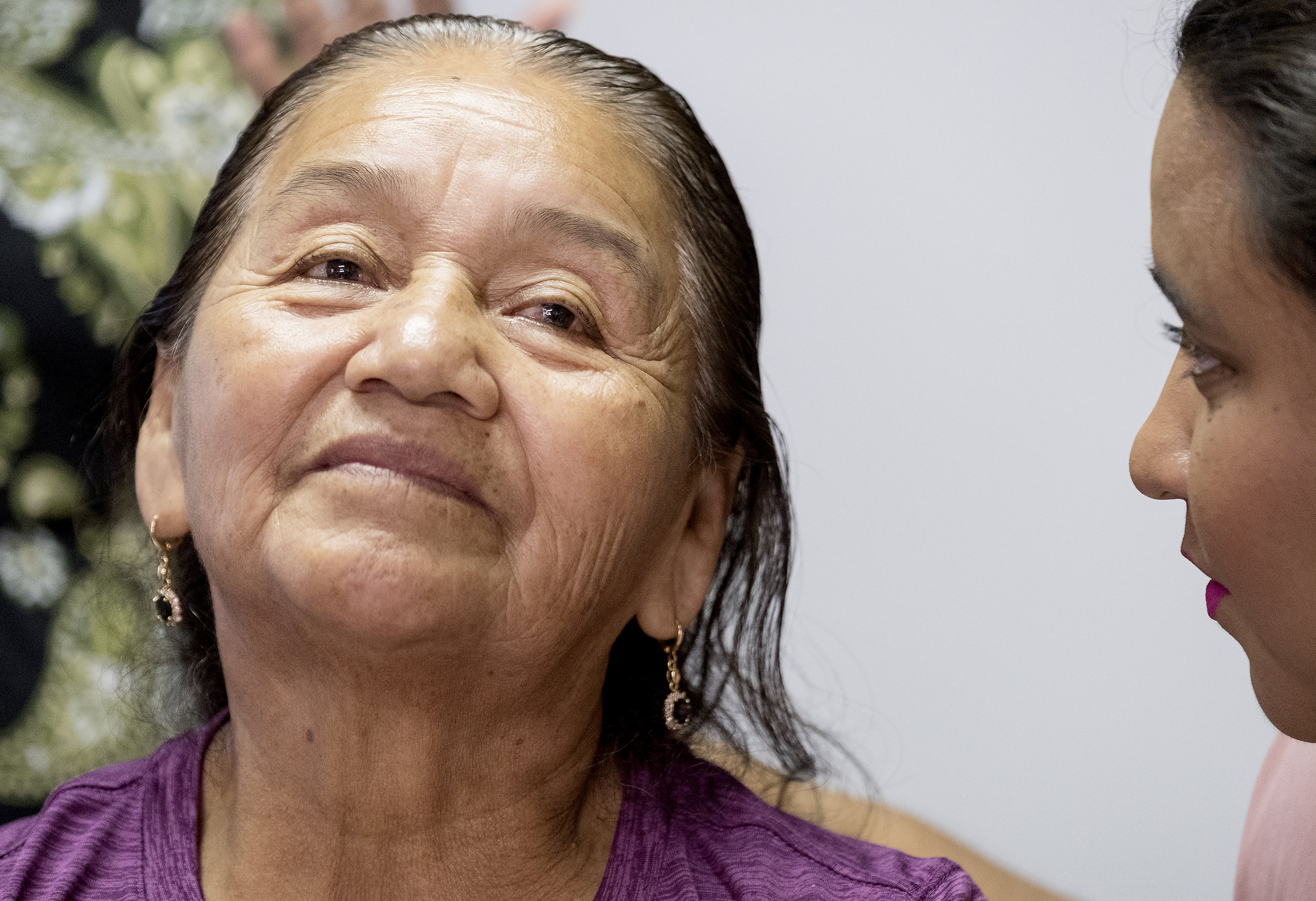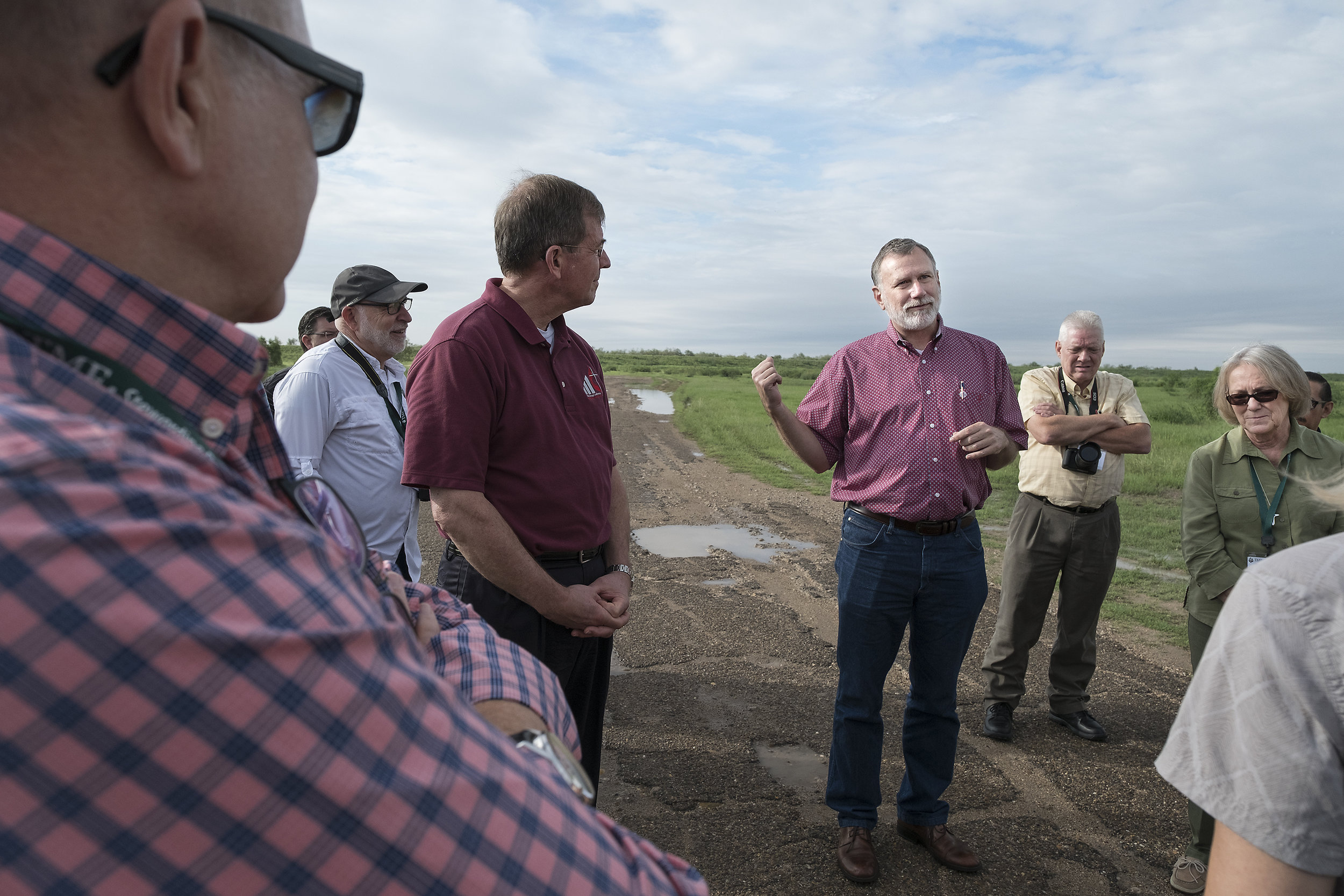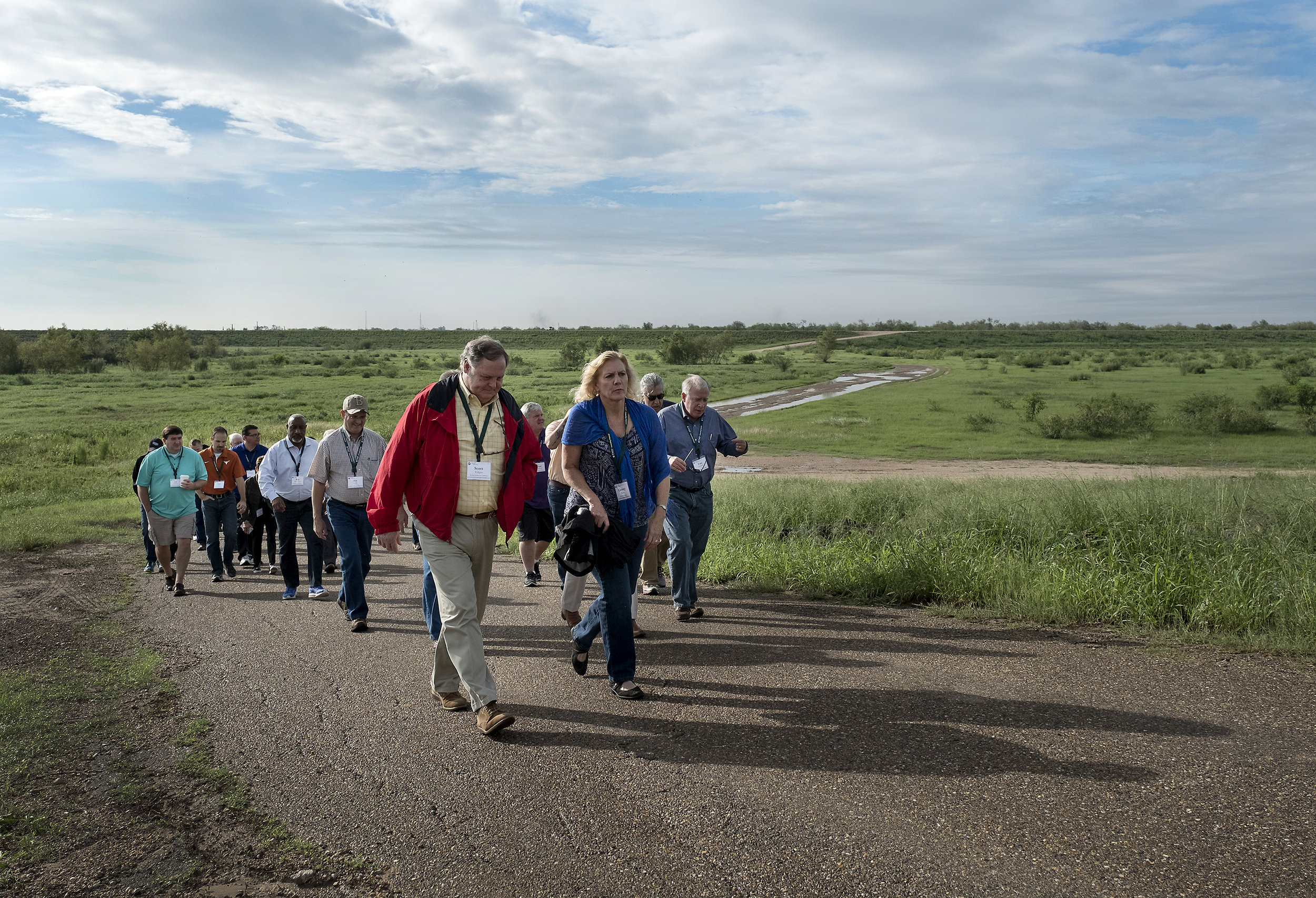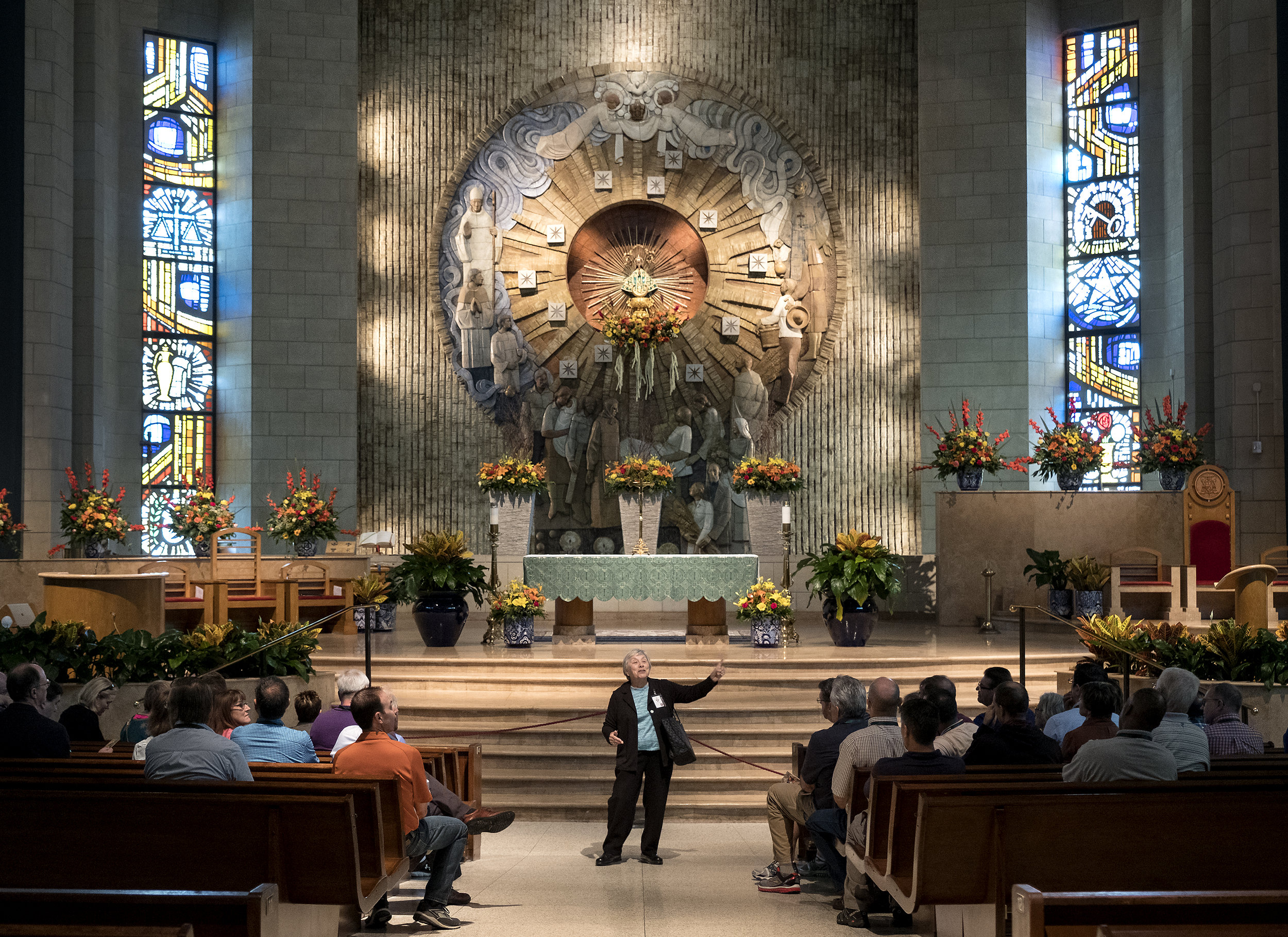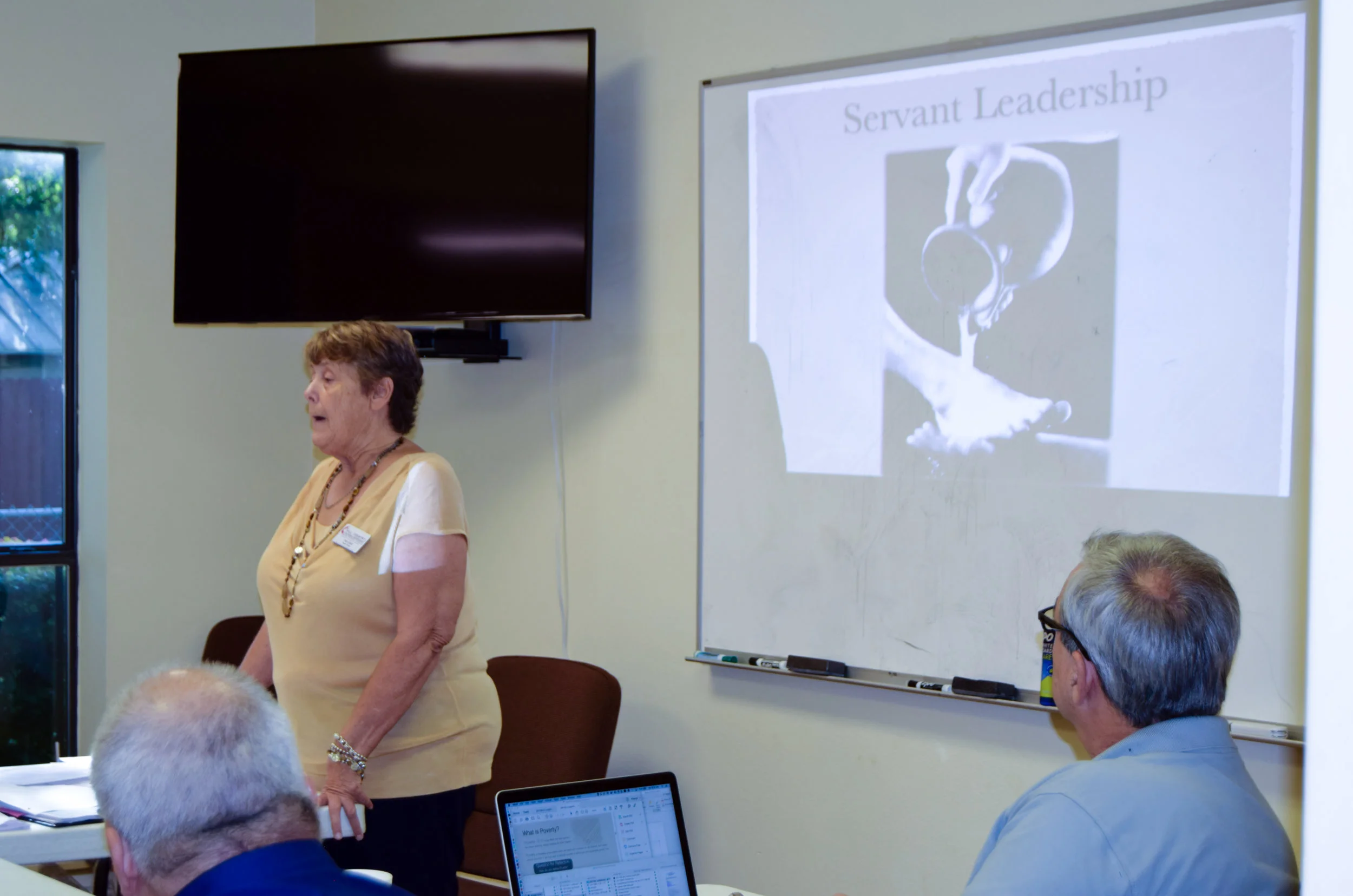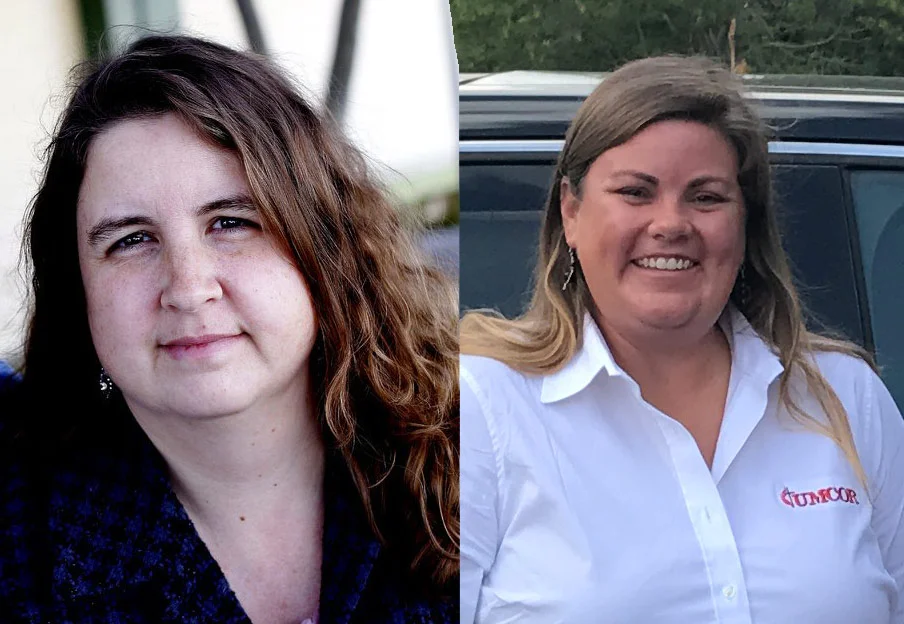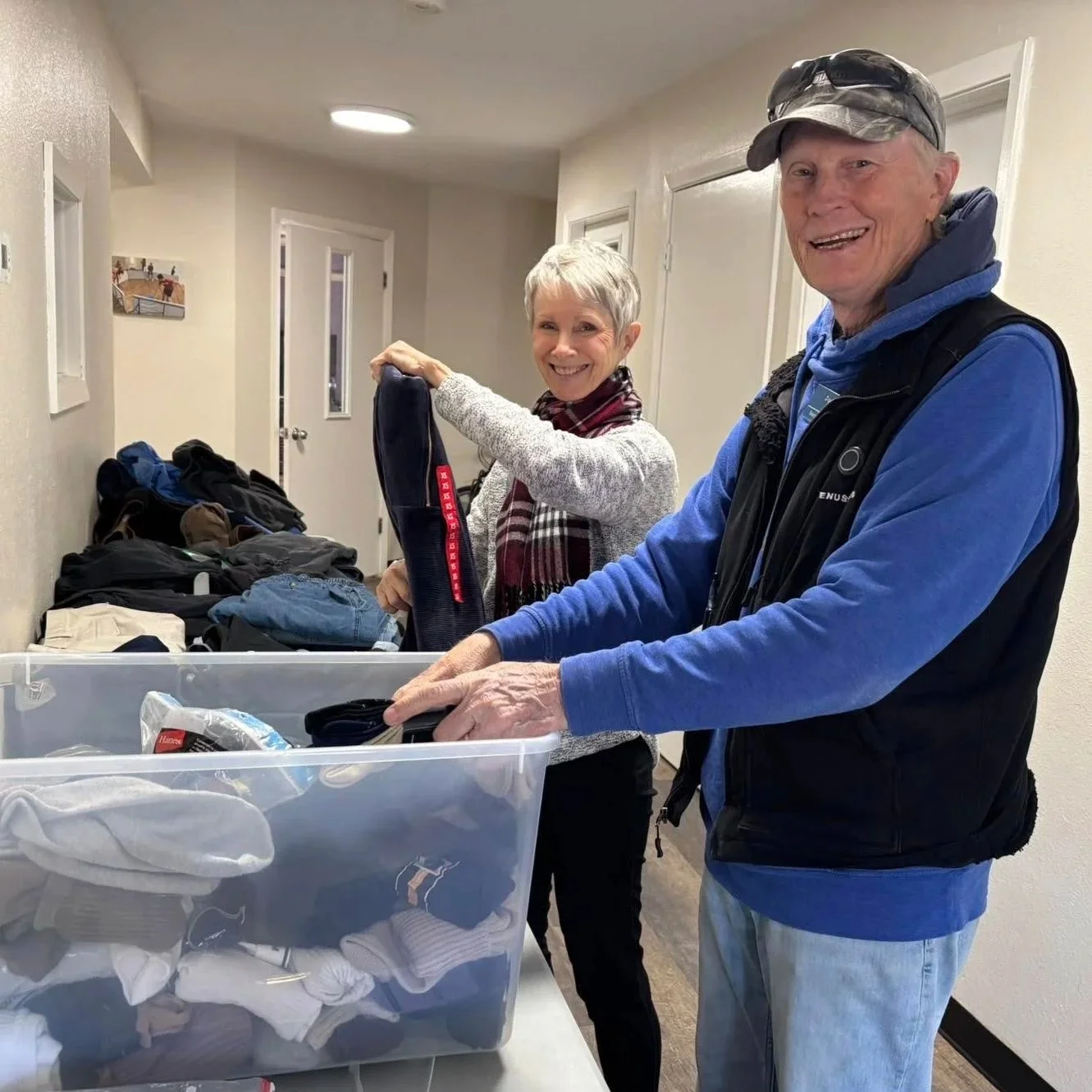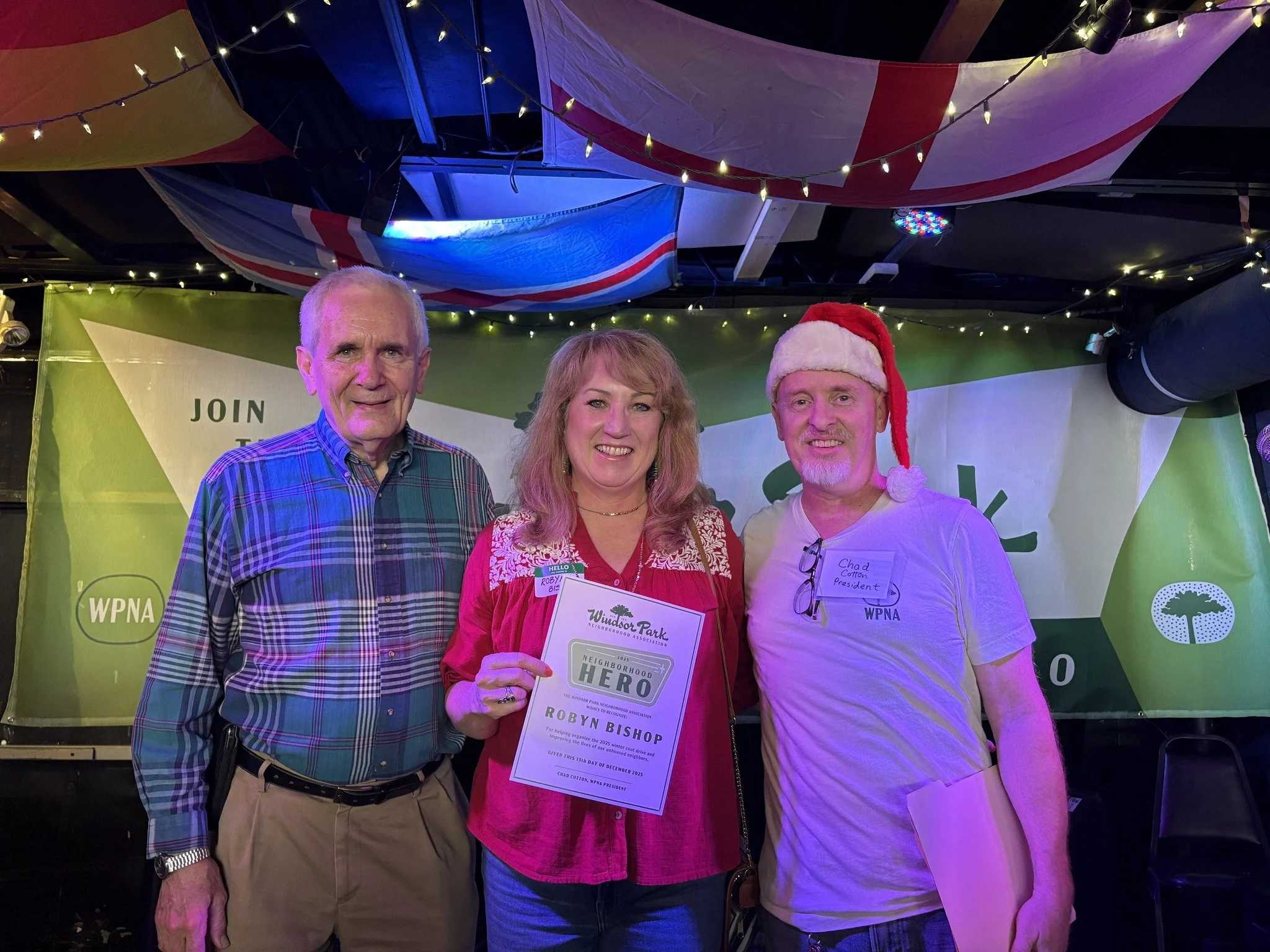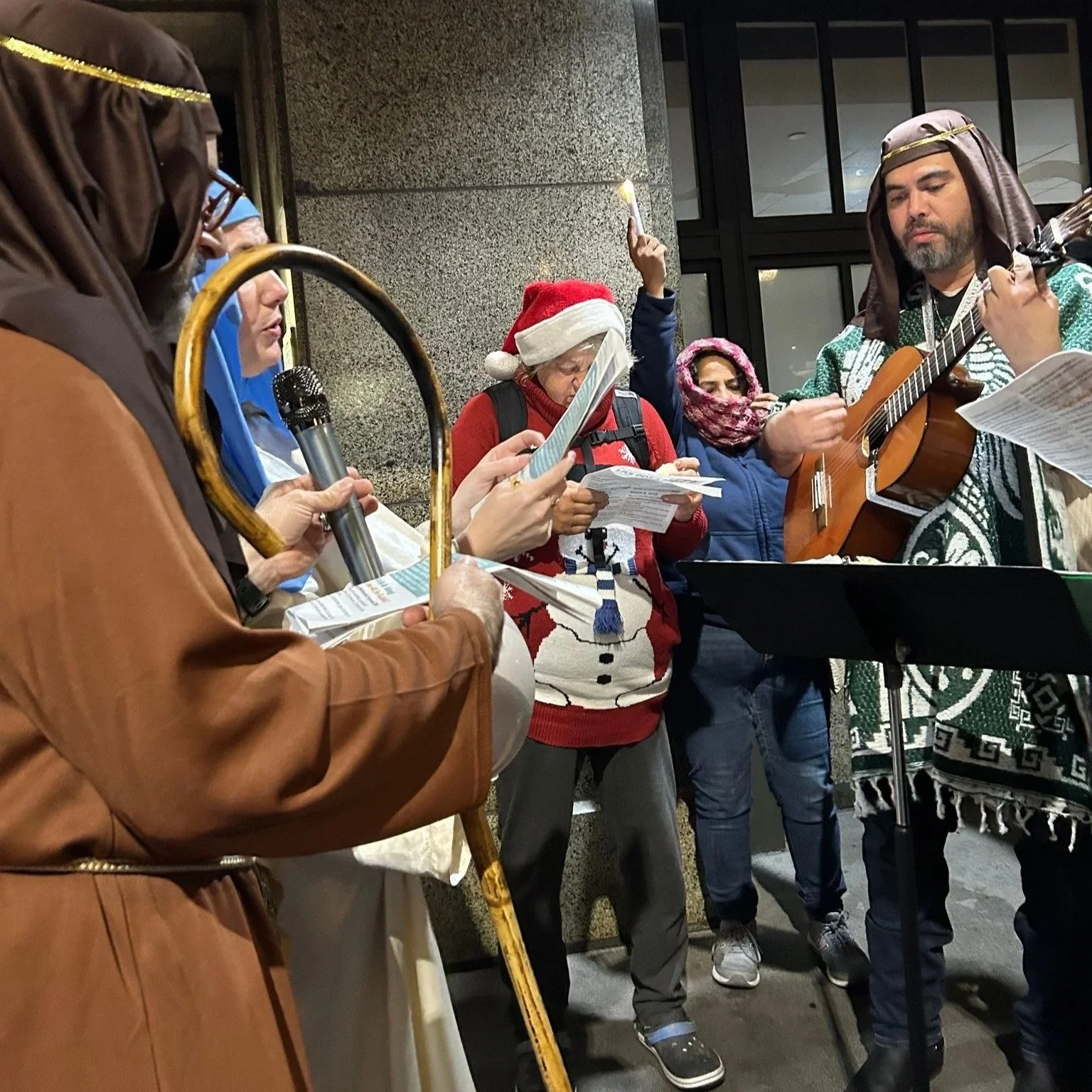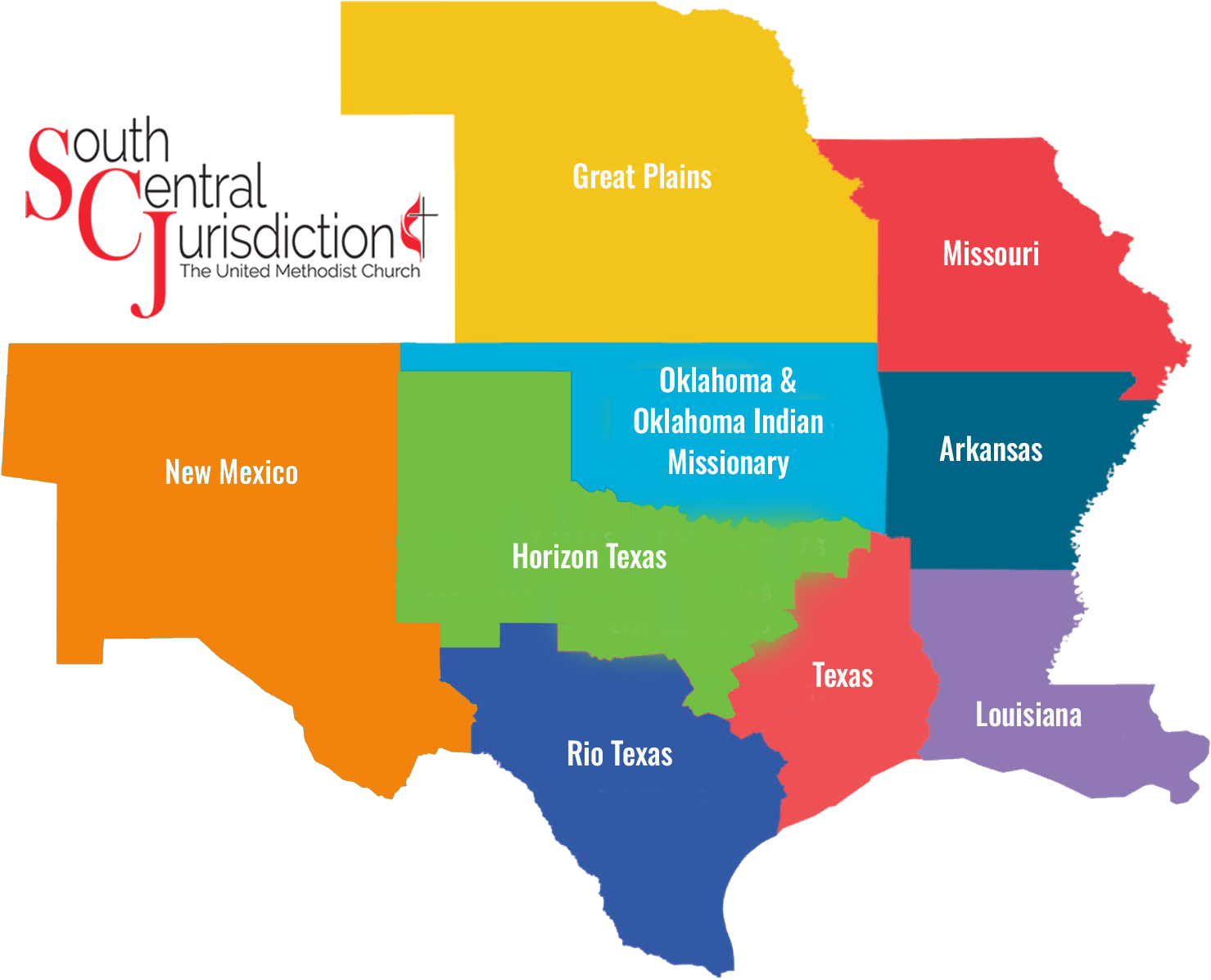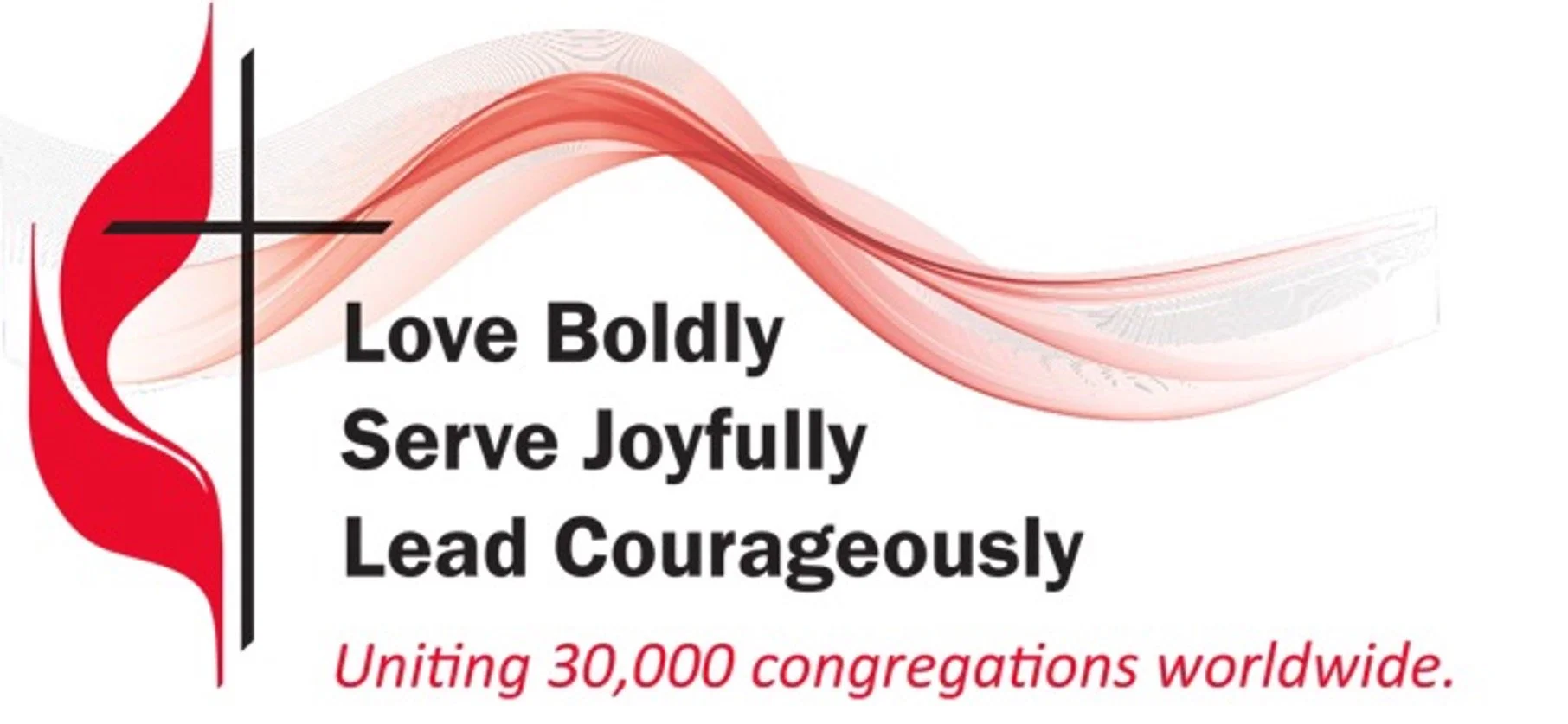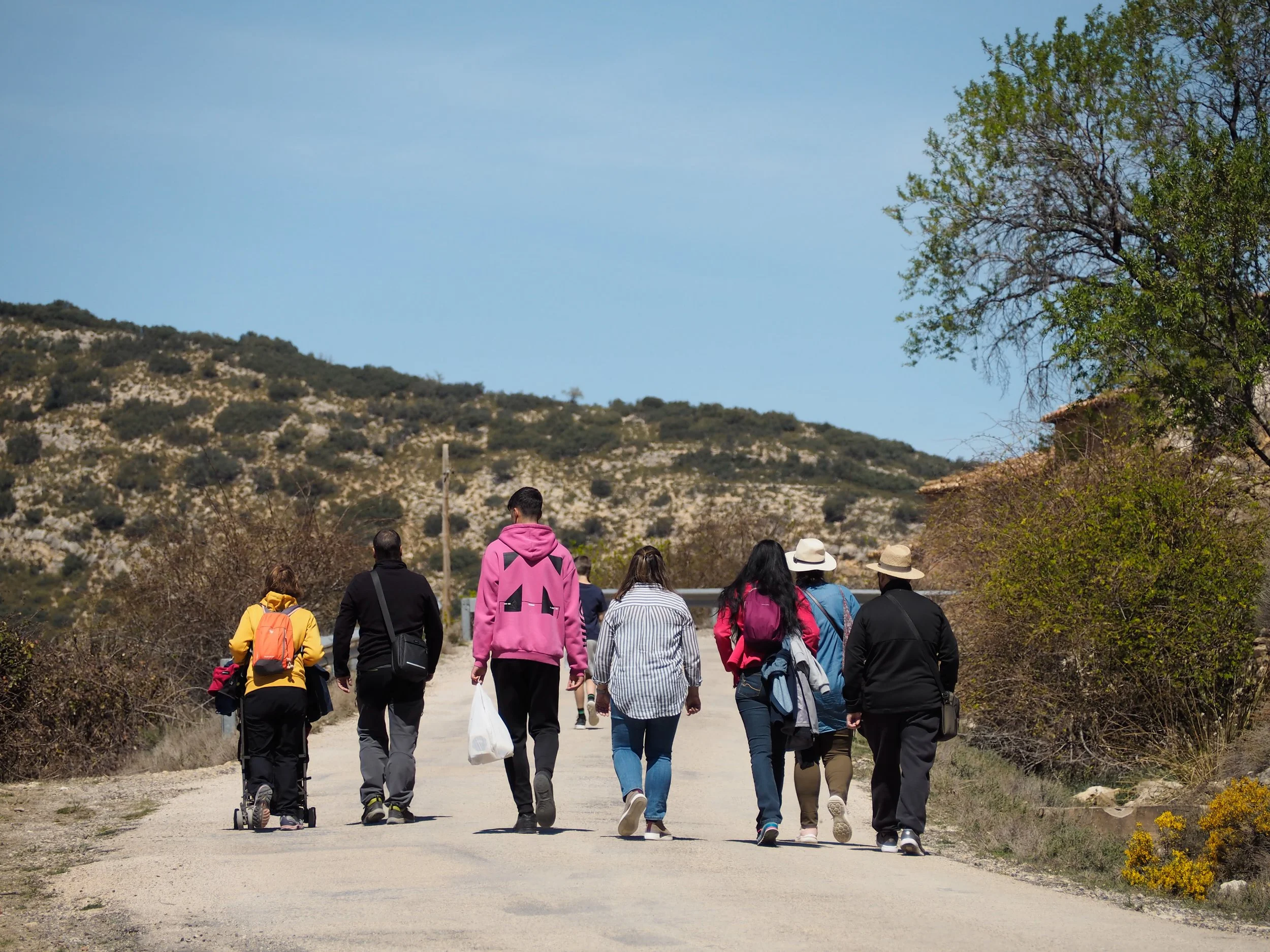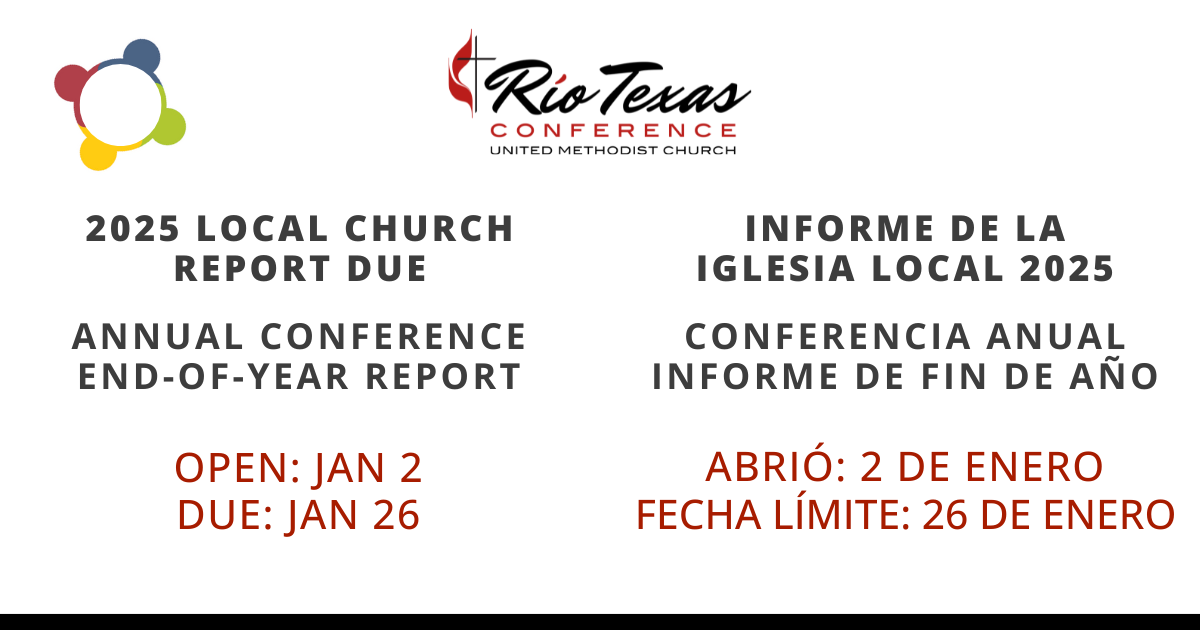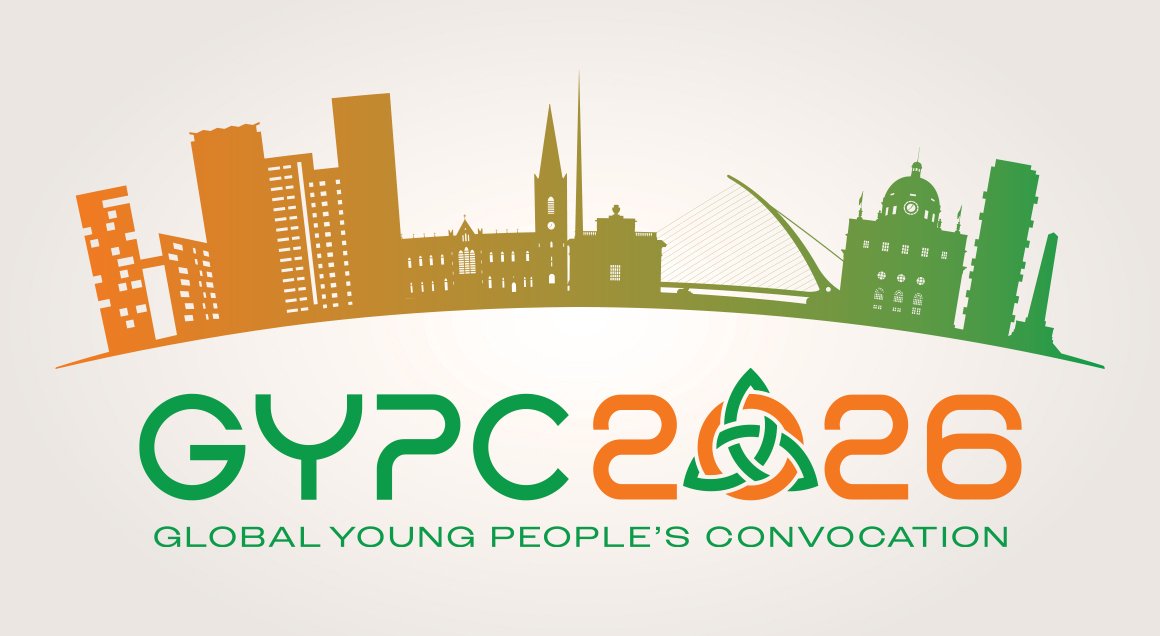Rio Texas Responds to Sunday Violence
/As worship services wrapped up Sunday morning, churchgoers across the conference began to hear the terrible news out of Sutherland Springs. The tiny town about 40 miles east of San Antonio was rocked this morning when a gunman opened fire inside First Baptist Church, killing at least 26 and injuring 20 more.
Robert Schnase, Bishop of the Rio Texas Annual Conference called Aguilar upon hearing the news to offer the support of the Conference. Schnase said, "This was an outrageous, senseless, and tragic act. We pray God's blessings on families, friends, and the entire community. We pray for those who will face rebuilding their lives after such deep loss. We pray for those who were injured, that God's healing grace may be upon them."

